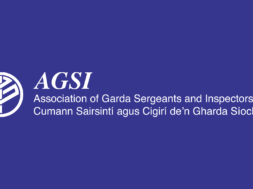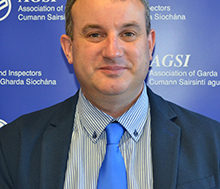Research carried out by AGSI outlines the very serious and negative implications of working on a 24/7/365 basis.
General Secretary John Redmond who compiled the research says, “We are required to work 24/7/365 in the main to carry out our myriad of functions. We joined An Garda Síochána knowing that this would be required of us, and we knew that we would be working at times when most others would be enjoying their family lives, and working ‘normal’, healthy hours – working during the day, and sleeping at night – in line with the body’s natural rhythm.
“Members of An Garda Síochána are paid ‘unsocial hours allowances’ to make up for their having to work during the night, on Saturdays, on Sundays, on Bank Holidays and on major holidays such as Christmas Day, St Stephen’s Day and New Year’s Eve and New Year’s Day. These allowances should be renamed ‘penalty allowances’ just like they are known in Australia because they compensate for the penalty of working such unsocial hours.”
Evidence-Based Medical Impact of Unsocial Hours
The medical impact of working such patterns are widely recognised, and people who work these hours increasingly suffer medical ailments when compared to ‘regular workers’. Studies such as Cavallo et al (2002) found that difficulty falling asleep, waking frequently during the day’s sleep, feeling depressed or moody, never adjusting and feeling more tired were problems when on nights, as well as feeling that thinking and performance was slower, were due to unsocial hours working. Furlan et al (2000) suggested that an excessive rate of disease in shift workers could be due to the continuous changes of the time of maximum cardiac sympathetic modulation over the years. Van Amelsvoort et al (2004) found that shift workers had a slightly higher age and a substantially less favourable cardiovascular risk profile, and that significantly more shift workers were smokers. Shift workers also showed a higher sickness record than daytime workers.
View the short video below:









